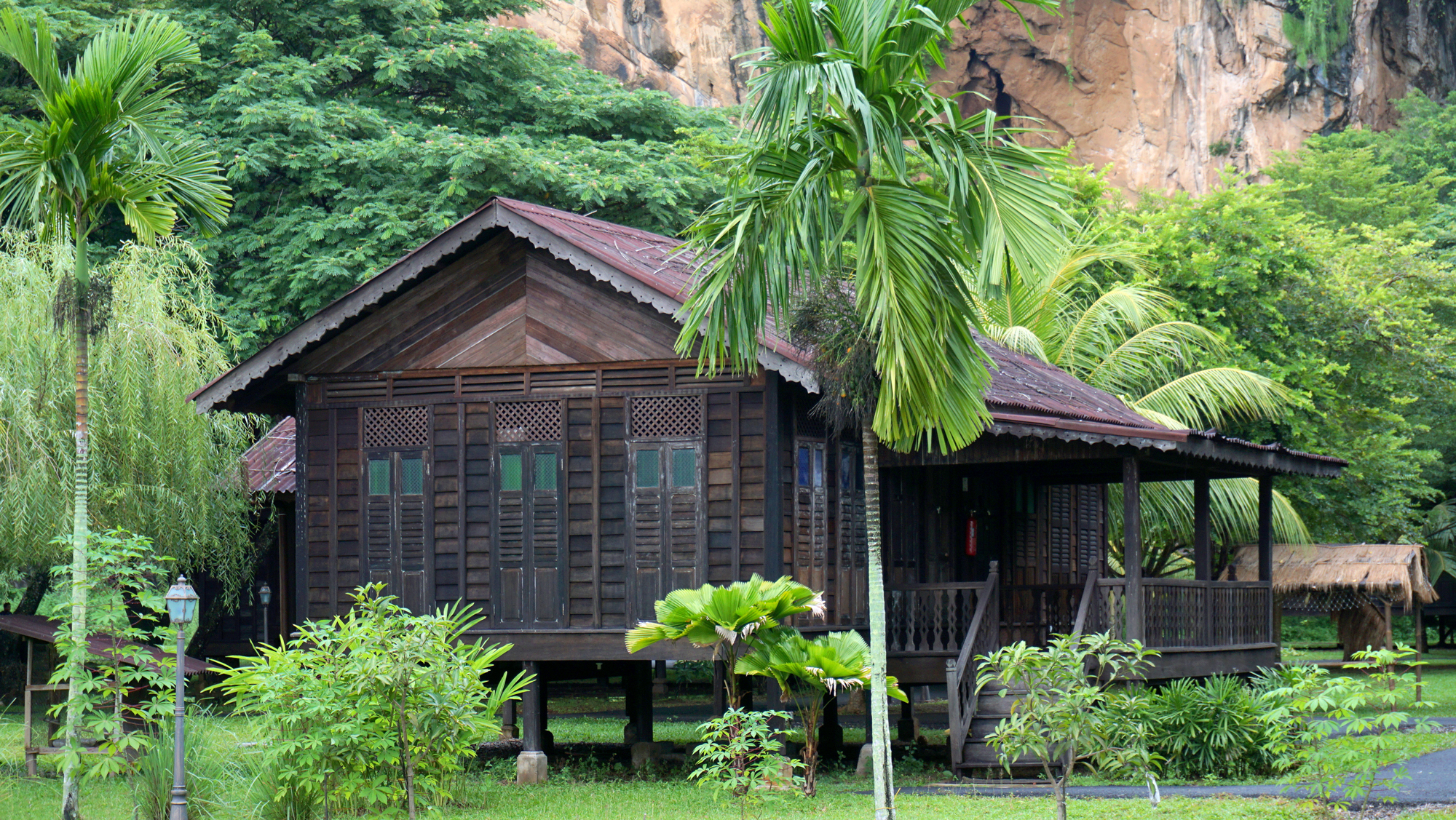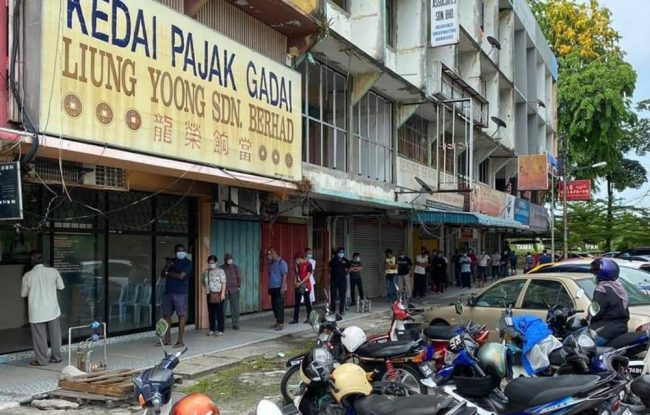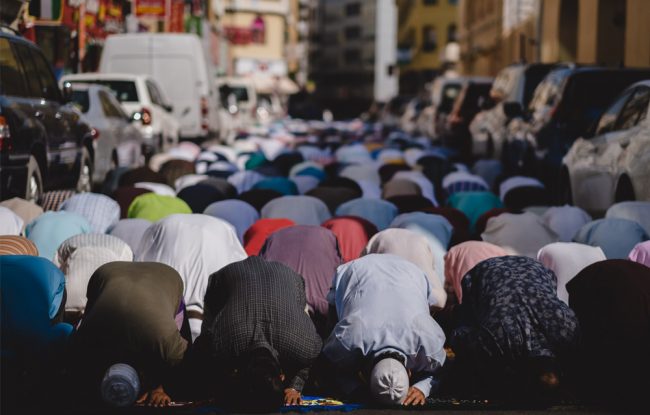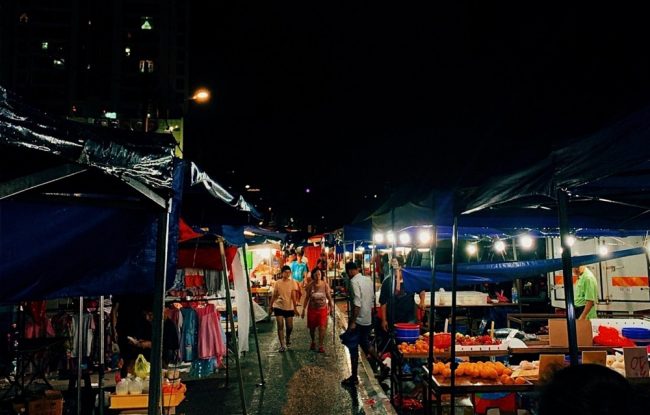As a researcher, a guilty conscience is not something I encounter regularly. This is not because I don’t have a conscience, but that I firmly believe in the objectivity, good-will, and ultimately the usefulness of my work.Most of the time they are fact-finding missions; whether the truth is good or bad or even ugly is not the point. My job is to uncover them, and to the best of my abilities try not to distort them.
But lately, I do sense the haunts of this guilty conscience in certain aspects of my research that can be generalised as ‘Malay studies’.
Perhaps I am still new to researching anthropology and sociology. Or perhaps the guilt comes from me being a Chinese (not a very easy position to begin with to do ‘Malay studies’), especially for one that grew up in a rather homogenous environment.
That said, the impetus to perform the study in what I would call the “scholar-activist circle” is never too hard to understand.
More often than not, the attempt is seen as one that seeks to bridge the two Malaysias, between one that is relatively internationalised and subscribes to the Western ways of logic and reasoning; the other that looks to be actively rejecting it, with a different set of values and arguing logic that is often mystifying and baffling to the other.
In other words, the relationship is almost dialectical, and sadly in the case of ethno-religiously divided Malaysia, even dangerous. This should be rather obvious now after the Low Yat incident, where a seemingly harmless case of theft turned into a full-blown case of collective violence.
The talk of Bersih 4 resolves more on what race participated than how many did, although that is to me, a fair question within the present context. It is a sad but necessary question to ask.
To better understand the Malays, at least to a lot of people, holds the key to defuse this.
And herein lays my sense of guilt and discomfort. Unlike in the colonial era where Malay studies (the idea of ‘Malay studies’ is most likely founded by Stamford Raffles) were conceived as a serious-but often misguided-anthropological attempt to classify “the natives”, this is the contemporary framework Malay Studies is subjected to.
Studying the Malays is treated as an act of problem solving.
Certainly, the sheer ludicrousness of the narratives raised by certain interest groups claiming to be representing the community isn’t helping. But to embark on a research endeavour that feels like racial profiling is deeply unsettling.
When Malaysia achieved its independence, we are in many ways led to believe that we are then liberated from the colonial structures that were grappling the Malaysian society. Many will now observe that this is not entirely true. In this case, for example, we can see that the colonial framework of ethnic classification still lingers. Not in how we perceive the others, but also in how we perceive ourselves.
I can’t help but to ask, in this supposedly noble attempt to understand the Malays better, are we not also problematising them? This scrutinisation of an ethnic group, be it from a historical, sociological or anthropological perspective, often places the researcher (and reader) at a higher vantage point. However, this position that is supposed to offer clarity and objectivity is also an alienating one.
While some may argue the position’s necessity for research purposes, have we ever thought of its implications on our conceptualisation of the communal group? Are we at the risk of treating some of our brethren as an exotic species, one that runs off-course (or even worse, backwards) from our understanding of the world and modernity, as if being Malay is a problem in itself?
How is that any different from the paradigm heavily criticised by Professor Syed Hussein Alatas in his seminal work, The Myth of the Lazy Native? Both the aspect of the ‘myth’ and the ‘lazy native’ is seemingly being reproduced and reinforced, even at this day and age.
This happens not only in Malaysia as a recent survey conducted in Australia still saw 37% of its non-indigenous respondents opined that the indigenous are “lazy”[1]. How telling.
Similar problematisation can be seen in the discussions about Islam these days, about how it is linked to terrorism and countries in turmoil. Islam is often placed at the centre of these brutalities and hostilities that one is often tempted to draw a quick conclusion that Islam itself is the problem.
While any serious research attempt cannot be shunning a full examination of all possible variables, including theology if religion is a facet to be explored, one has to bear in mind that the research process itself has its implications, if not carefully tend to.
A subject of study could easily be rendered, even without any objective proof, as a specimen of error or an inferior creation. The researcher could easily be misled into thinking he/she is on a ‘civilising mission’, not unlike the problematic thinking of our former colonial masters.
This is not helped by fact that every sphere of life in Malaysia is highly racialised. Even successes and failures can be defined in racial terms[2].
To be fair, the Outsider is not entirely to blame for the matter of problematising the Malays, or any other races, for that matter. Members within the group itself are also actively contributing to the reinforcing of the same colonial judgment.
See for example the exhortations by Tun Dr Mahathir in telling the Malays to leave their ‘old ways’ or the rhetoric of Perkasa, which usually carries a self-discriminative tone by implying the Malays are by default a weaker and more needy group as compared to the Chinese.
One can also refer to the emotional callings made by certain groups after the Low Yat incident, which bore the message that while the Malays are docile people by disposition, they are not to be challenged. If not, they will go into frenzy. Here lies the fuel for the “only Malays will go amok” theory.
Sweeping statements like this only breathes life to the idea that being Malay itself is inferior and ’out-of-place’ in the modern world. For the record, we all know that there is no biological truth to the ‘amok’ theory.
As a scholar, I can’t help but also notice my uneasy participation in this process. The vocabulary of the ‘lazy natives’ is so pervasive that it seeps into our mindsets naturally and unknowingly.
Perhaps the problem lies not in race itself, but how society is obsessed with it. And for that, I suppose a good dose of guilty conscience is healthy to remind everyone not to take things only at the skin-deep level.
Nicholas Chan is a researcher of IMAN, a boutique research outfit that strives to understand Malaysia through society, religions and perceptions, the key signifiers of Malaysian identities. A healthy guilty conscience keeps our research process and outcomes dynamic yet grounded amidst the oversupply of hollow, grandstanding narratives that besiege the public discourse.
[1] http://www.smh.com.au/national/these-six-charts-show-the-state-of-discrimination-towards-indigenous-australians-20140730-zy6fa.html
[2] See an engaging discussion about it in Sloane-White, P. (2008). The Ethnography of failure: Middle-class Malays producing capitalism in an ‘Asian miracle’ economy. Journal of Southeast Asian Studies, 39(03), 455-482.
This is the opinion of the author and does not necessarily represent the views of IMAN Research.




